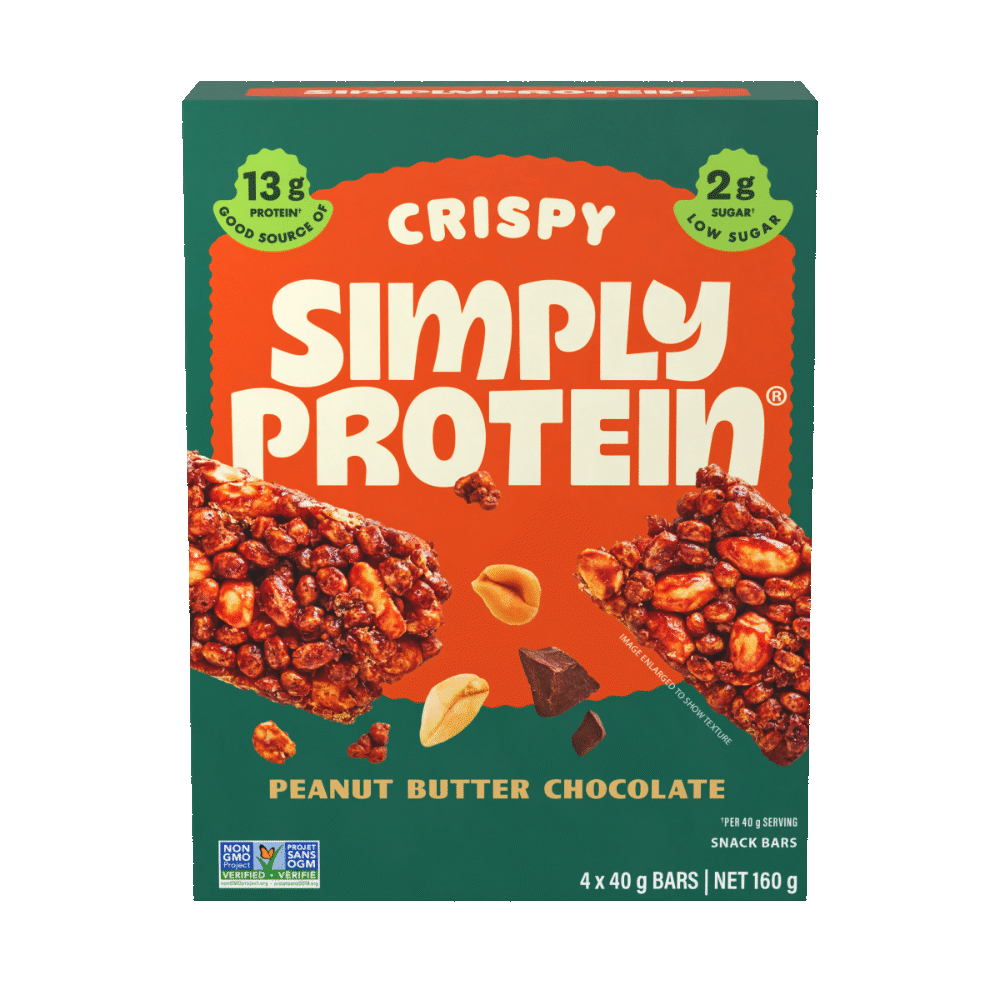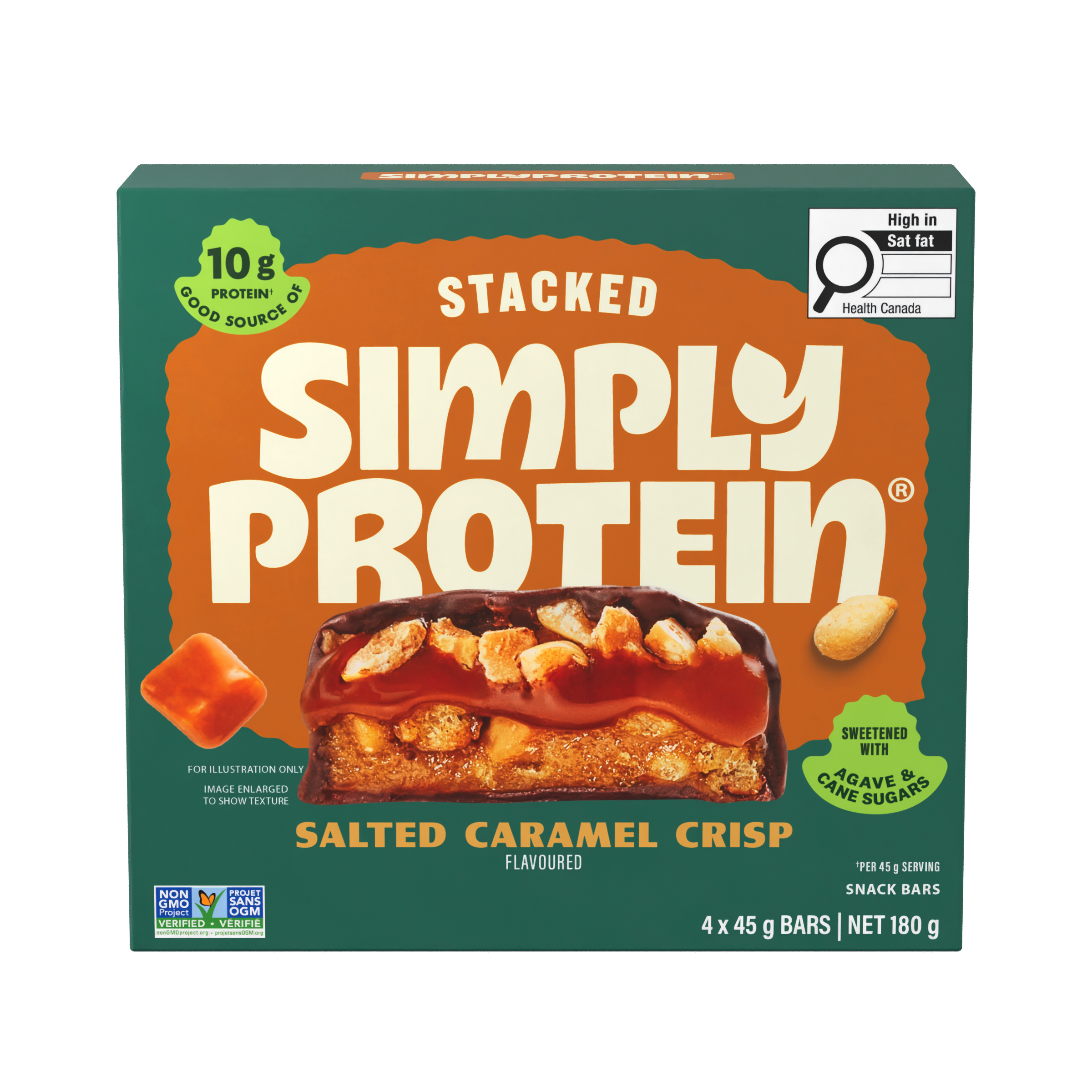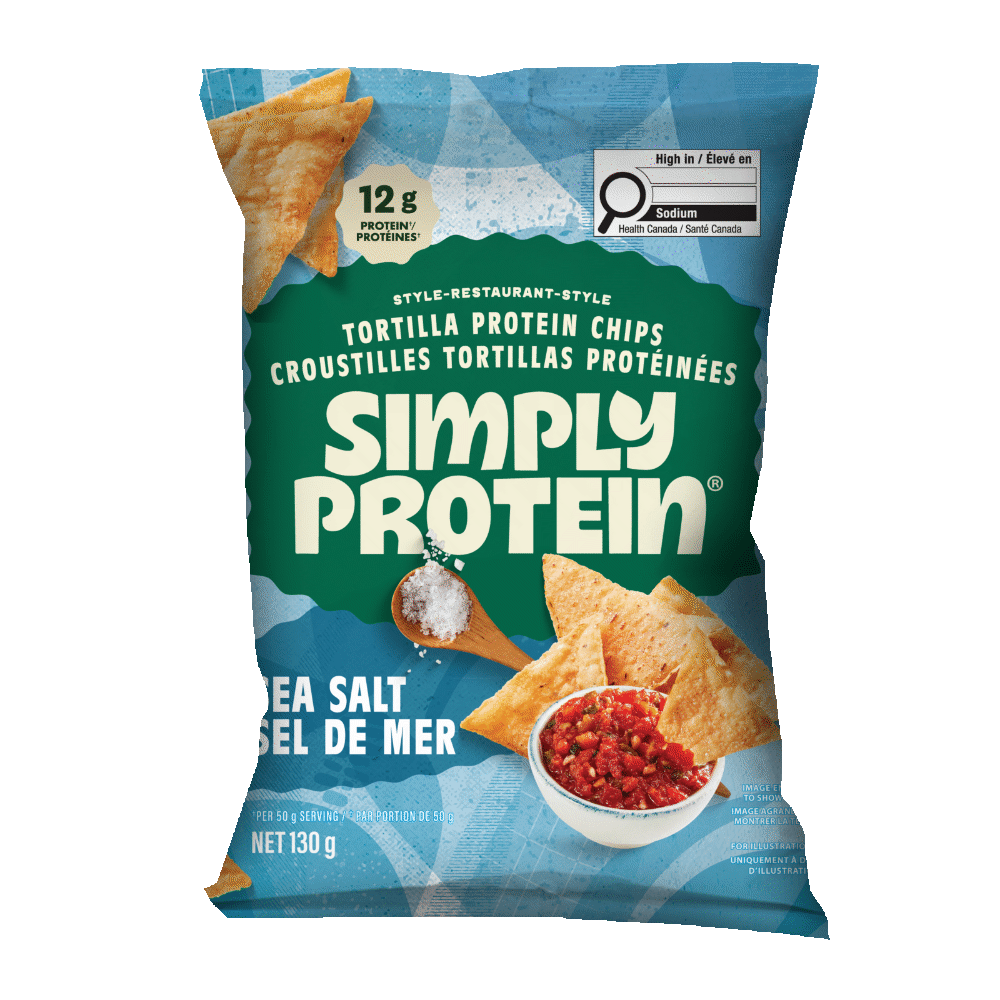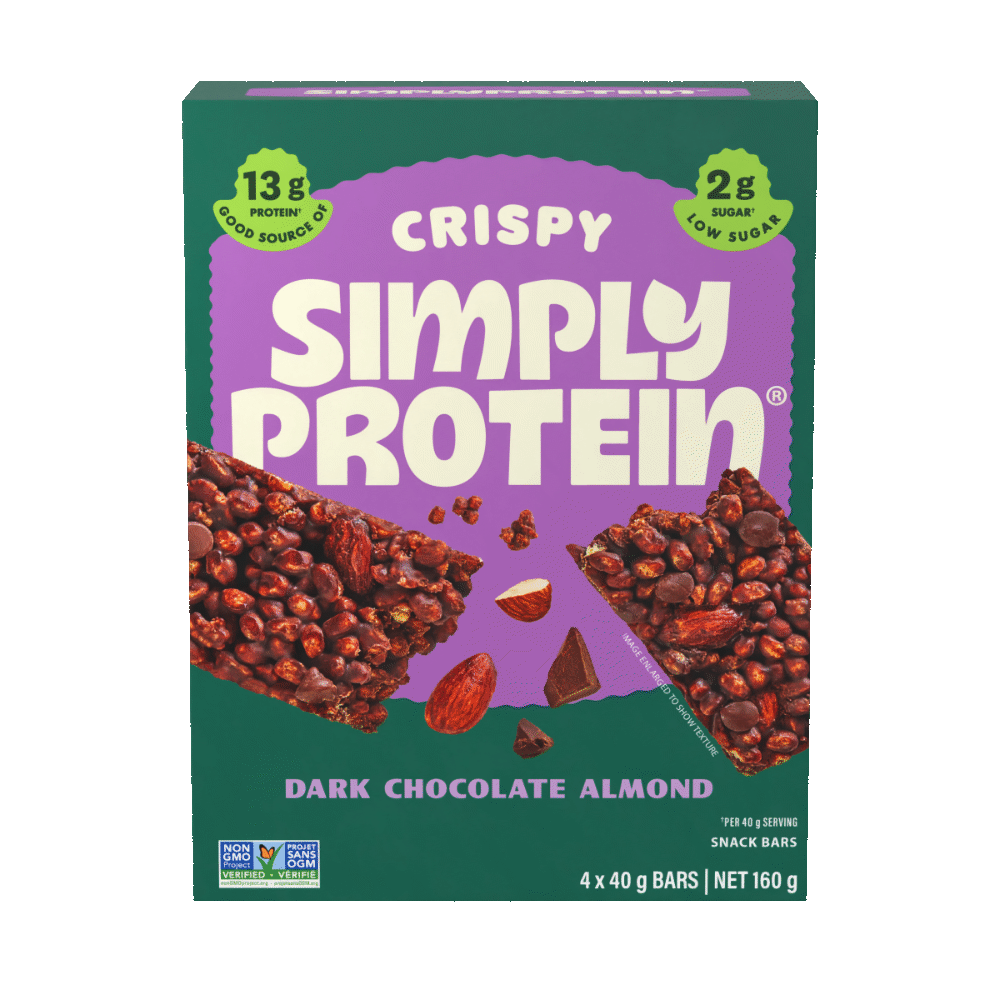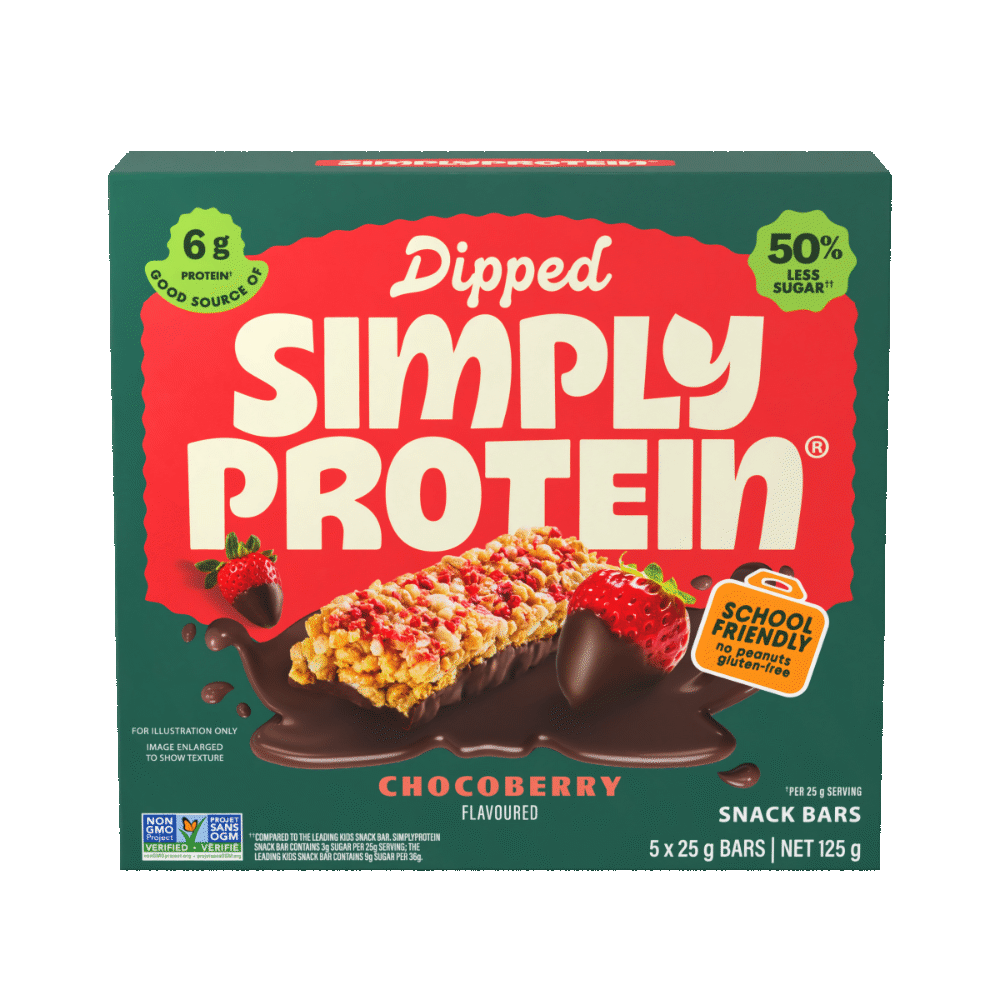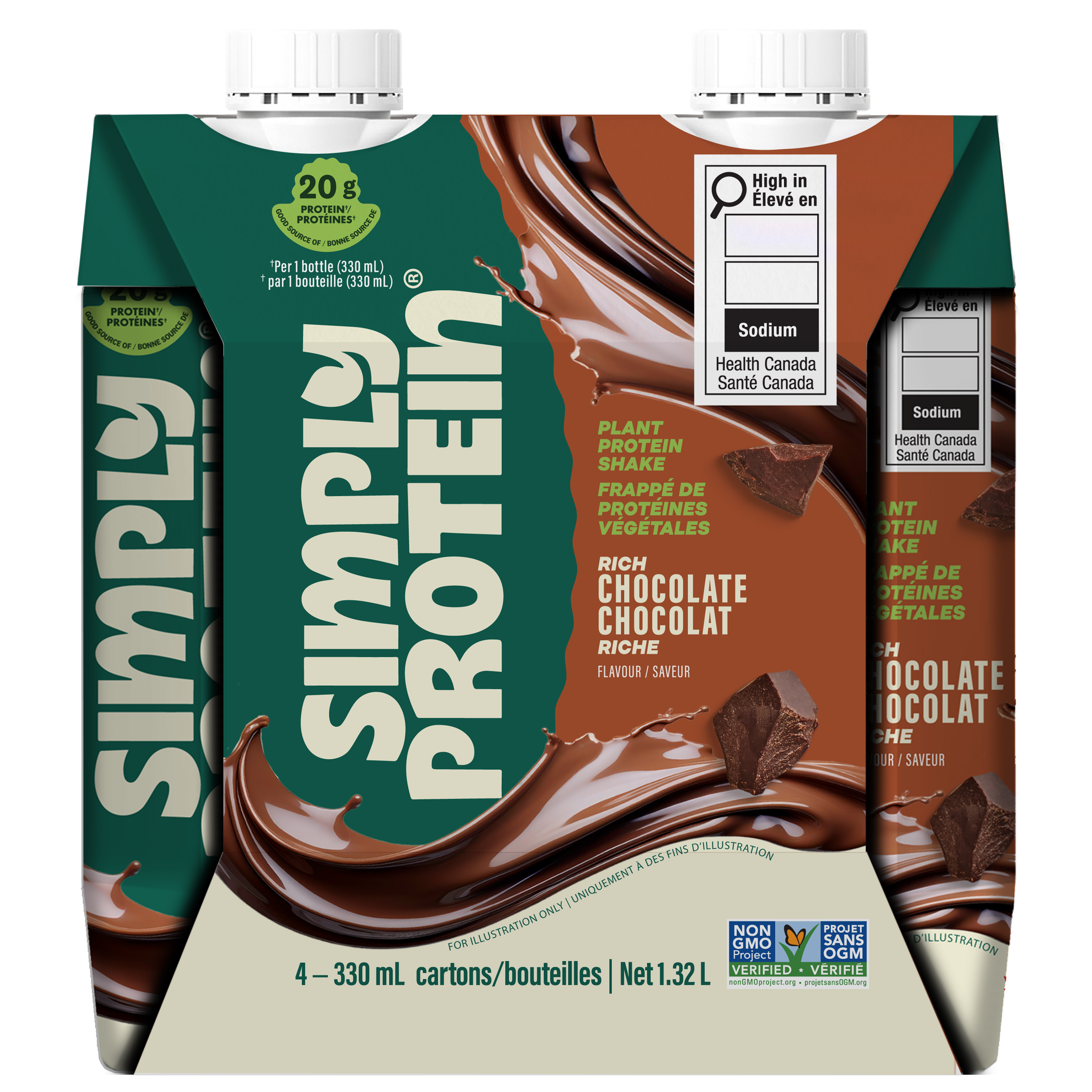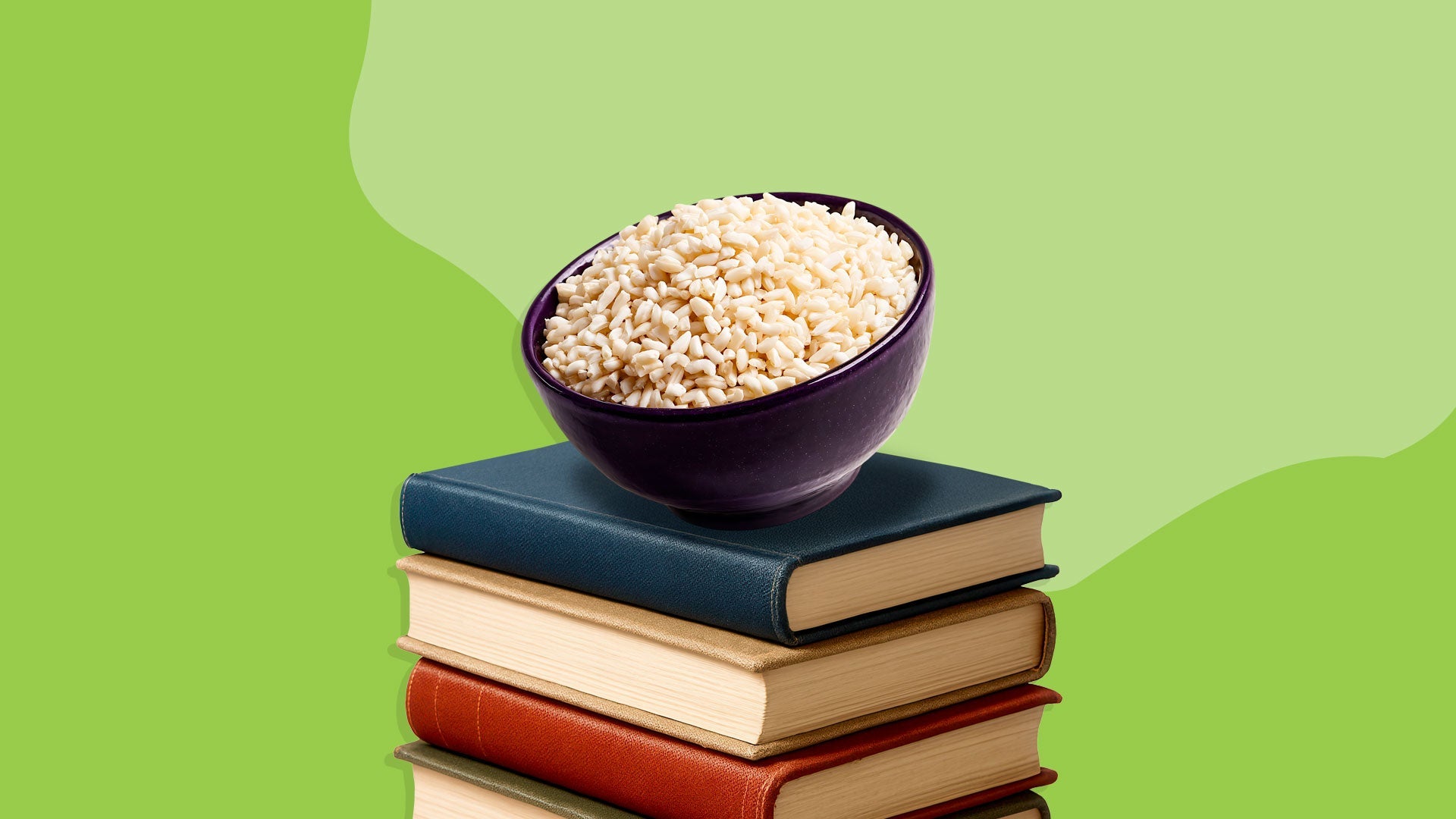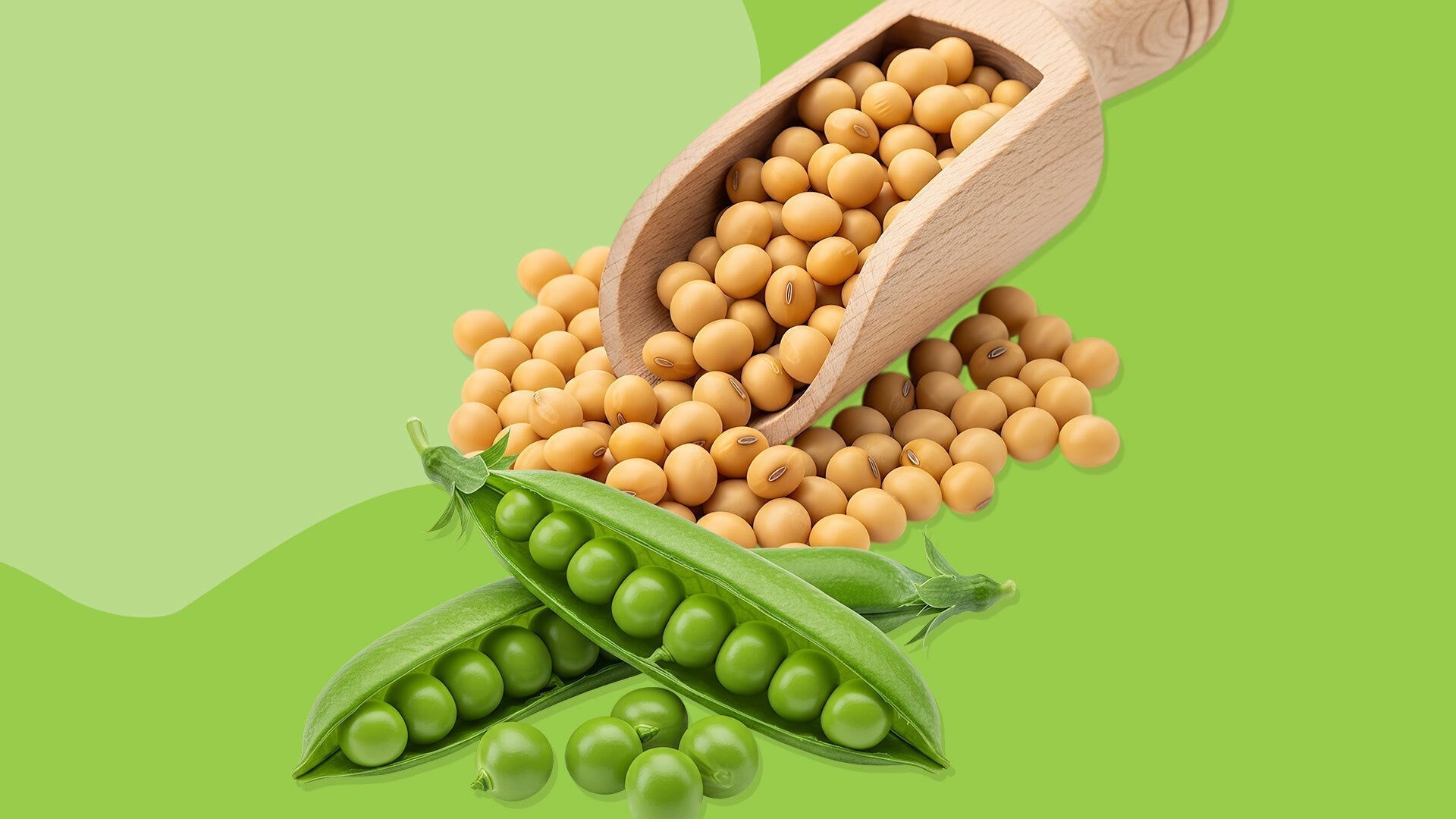
How Can You Tell if You’re Getting Enough Protein?
It’s no secret that protein is an integral part of a healthy, well-rounded diet. But how can you tell if you’re getting enough every day?
The average adult over the age of 19 needs around 0.8 grams of protein for every kilogram of body weight. So, if you can translate your weight from pounds to kilograms, you can multiply it by 0.8, and you’ll find your average daily need in terms of grams. For example, if you weigh 200 lbs, that works out to around 91 kilograms. That means you would need about 73 grams of protein each day.
However, if you’re someone with an active lifestyle or an athlete, you may need to up your daily protein intake. Physical activity and intense exercise can increase the body’s need for muscle repair, growth, and energy — and protein plays a role in all three. The amino acids in protein help repair microscopic tears in muscle tissue (which can happen during exercise) and build stronger tissue. Our bodies can also use protein as a secondary energy source if our carbohydrate stores run out during a particularly long workout.
Anyone who is pregnant or breastfeeding also needs more protein than usual to support babies’ growth and development while taking care of their own health. Protein helps build tissues during pregnancy and produces more nutrient-rich breast milk. Protein also supports hormonal and enzymatic health during postpartum recovery. Parents should ensure kids are getting enough protein in their diets as they grow. The essential amino acids help develop healthy muscles, bones, and organs.
Older adults typically need more protein to manage age-related muscle loss and support bone health. Protein is also crucial for maintaining a healthy immune system, so people with certain conditions, such as an infection or a chronic illness, may need to increase their intake.
To get an idea of how much protein you’re currently getting on an average day, keep a food journal for a day or two, recording what you eat and drink and how much. Then, look at the amount of protein in each food or beverage using food labels or trustworthy online resources. For example, two and a half ounces of fish contains 21 grams of protein, and one cup of milk provides nine grams. If you find that you’re not getting enough, don’t worry—finding delicious protein sources is pretty easy.
Start your day with a protein-rich breakfast to fuel your mind and body. Eggs, Greek yogurt, cottage cheese, smoothies or protein shakes are all great options for the first meal of the day.
At lunch and dinnertime, follow Canada’s Food Guide and try to make one-quarter of your plate protein (while balancing your meal with half a plate of vegetables and fruit and a quarter plate of whole grains). Chicken, beef, turkey and pork are always good options, or you can go for fish, like salmon and trout. For those with a vegan or vegetarian diet, there are a lot of tasty and nutritious plant-based protein sources, too: Think tofu, lentils, black beans, chickpeas, edamame, and tempeh. Tip: Include whole grains such as oats, farro, and quinoa for protein and fiber. Many healthcare professionals recommend that everyone includes at least some plant-based sources of protein every week, as they often contain less fat and more fiber.
Smart snacking can also play a big role in ensuring you get enough protein, especially when you’re trying to stay focused between meals or keep your energy up after a workout. Try nut and seed butters (think chia, almonds and sunflower seeds), tortilla chips with protein, hummus on whole grain crackers or on-the-go options like bars that highlight protein as a key nutrient.
Most people are able to include enough protein in their daily diet with a few adjustments, but if you find that your intake is falling short, consider convenient options like protein bars, chips, or energy bites. They’re easy to grab on the go and can help fill nutritional gaps.
Consistency is the most important part. Keeping your cupboards and fridge stocked with protein-rich options that you genuinely enjoy will make it easier to stick to your goals. Preparing meals and snacks in advance is always a good idea, especially if you’re gearing up for a busy week ahead.
If you have questions or concerns about whether or not you’re getting enough protein, you can always consult a registered dietitian, who can help you ensure you’re getting the right amount for your lifestyle.
